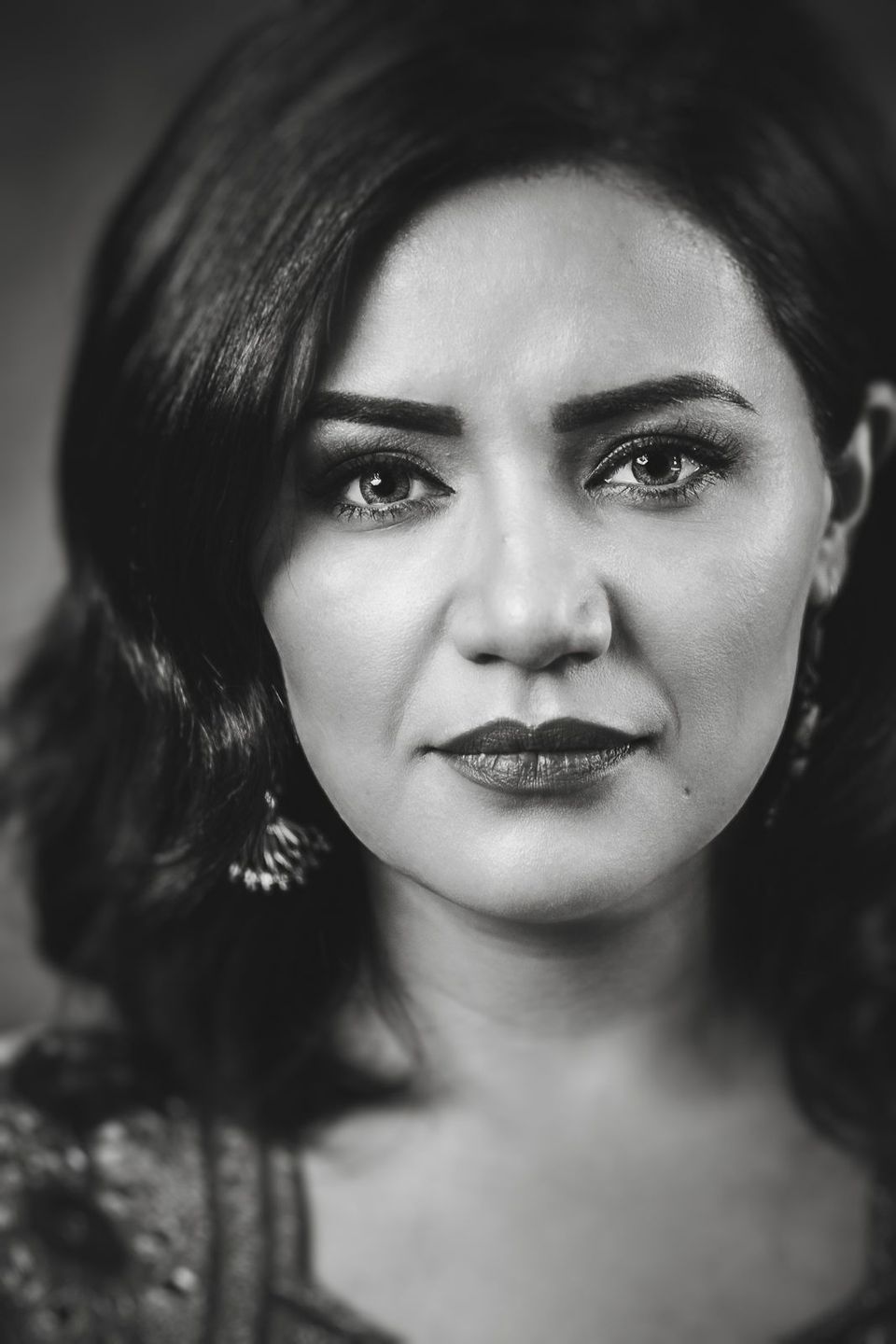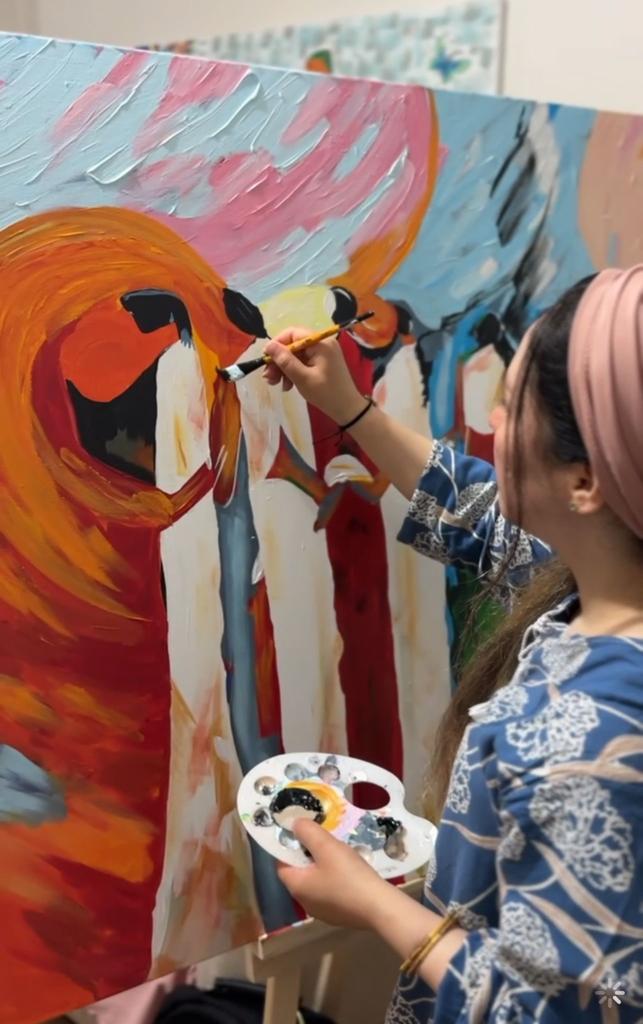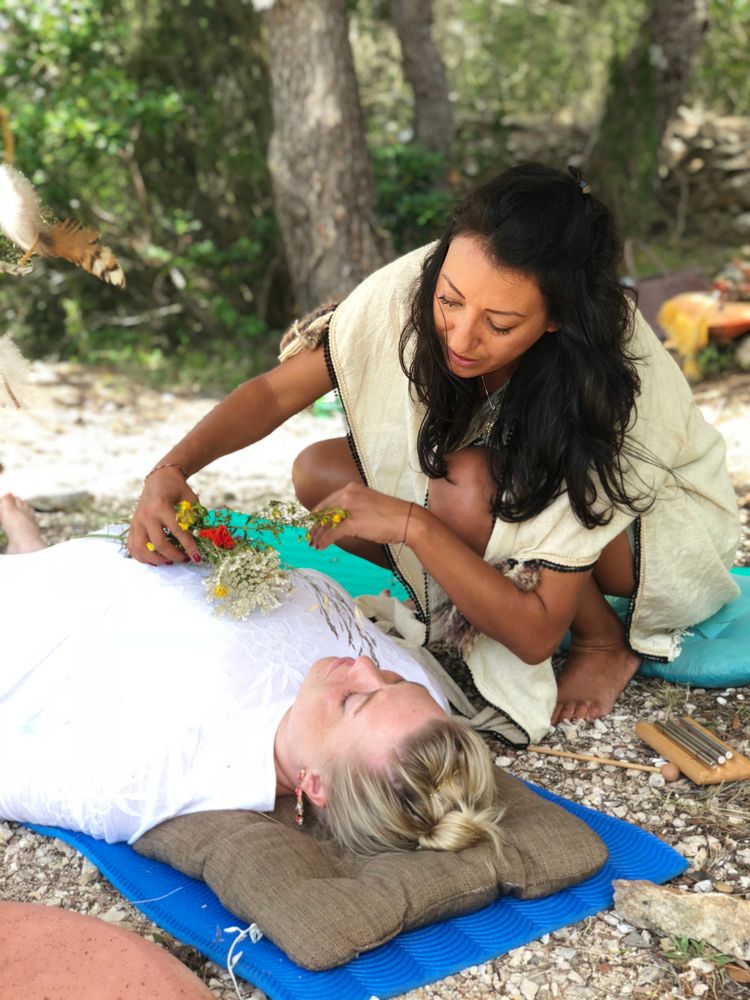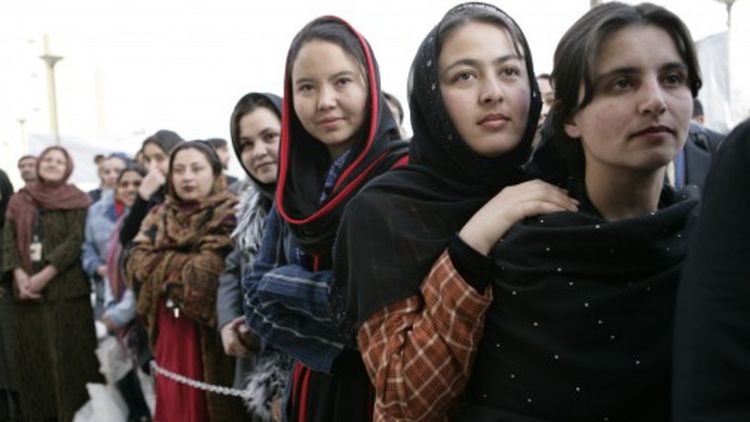This presumption of being a "Good Woman", has for far too long dictated my life and the lives of Afghan women

I left Afghanistan in 1999, believing that I had finally fled the restrictions and oppression, but it didn’t take long for me to realize how wrong I was. The extreme cultural practice within the Afghan community in Australia was astonishing.
Some women lived under such strict control of men that they would barely leave their homes without asking for permission.
The longer I lived in Australia the more I was trying to understand why this was happening. Some families were just too afraid of losing connections with their culture. This fear eventually evolved into ethnocentrism, stoping some from adapting to the Australian society and further making this presumption of good Afghan women even more important.
" What is a good Afghan woman?"
Well the standard definition of a “GOOD” afghan woman, is the typical cultural expectations on women. She is to be beautiful, having fair skin, being submissive, always quite (soft-spoken), a good housewife and married by the age of 20. If you don’t live up to this you get judged in the blink of an eye.
When I first introduced Afghan women on the move, (AWOTM) people were very judgmental, someone even asked if I was divorced or if I had been subjected to domestic violence since my organization was also a platform for women who had been abused.
This bias subconscious traditional approach against women who are independent and who speak up about social injustice is a big factor that hinders topics about domestic violence, oppression and mental illness to be discussed.
” What is your definition of a “good” Afghan woman?
Why do I or anyone else need to define what a good or a bad woman is? Women come in all shapes and sizes, values and principles, they have their own dreams and lifestyles. You cannot define something that is abstract, which this term is!
Consider this how can it be possible for everyone to follow the same lifestyle if they grow up in different time periods, environments and have different personalities? These factors play a significant part in the kind of woman we are or want to become.
I recently wrote a play together with Robert Coleman called, “The good woman”, which is based on my experience in struggling with the cultural expectations of a woman. It has been sold-out twice and was attended by politicians, community leaders and members of AWOTM that consists of both men and women. We received incredible and honest feedback from the audiences and our community.
The play explores the oppression of Afghan women and highlights the traditional roles, hidden traumas, mental illness, and domestic violence and they are all circulated around the presumption of trying to be a "good" Afghan woman.
My aim for the organization is to support the development of women, socially, emotionally, and culturally.
The idea behind AWOTM is based on my personal experience as an Australian Afghan woman. I am the founder of Afghan women on the move AWOTM and the producer of “The Good woman” play.
I am proud to say that today AWOTM is functioning as a safe platform for women to break isolation and foster empowerment through gathering in a safe space by storytelling, creative workshops and collaboration in art and informative events and programs.
Maryam Zahid Popal, founder of AWOTM, executive producer of the play "The Good Woman".
Photo: from the Daneha exibition, by Gerrie Mifsud




